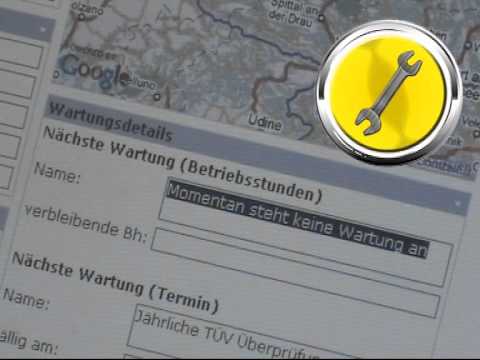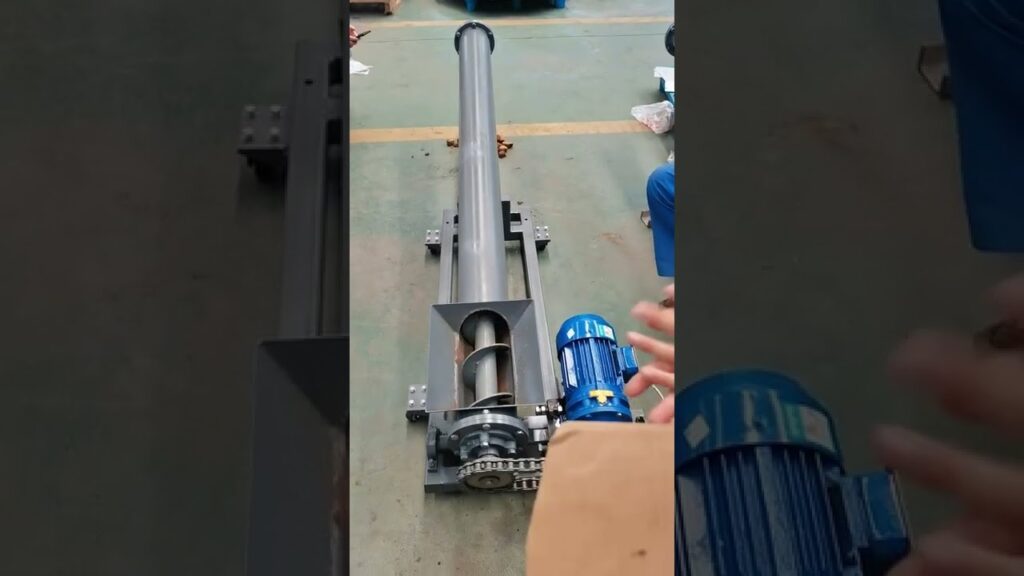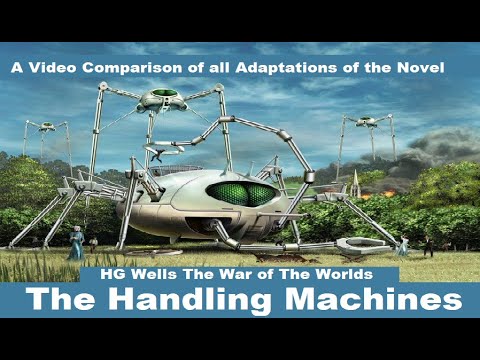LiDAT: Revolutionizing Data Transmission and Positioning for Handling Machine Manufacturers
The digital age has brought forth remarkable advancements in technology, transforming the way businesses operate. In the realm of handling machine manufacturing, the introduction of LiDAT has emerged as a game-changer. This innovative data transmission and positioning system, not only developed by Liebherr, but also compatible with machines from other manufacturers, has revolutionized the industry. In this article, we will delve into the remarkable capabilities of LiDAT and its impact on handling machine manufacturers and material handling machines.
LiDAT is an acronym for “Liebherr Data Transmission” and embodies the essence of an effective and efficient communication system for handling machine manufacturers. This system acts as a bridge, connecting the operator, machine, and manufacturer seamlessly. Its primary objective is to enhance productivity, optimize performance, and ensure the safety of both operators and machines in real-time.
One of the key advantages of LiDAT lies in its ability to provide accurate and reliable data transmission. By collecting and analyzing data, it enables manufacturers to gain valuable insights into machine performance, usage patterns, and potential areas for improvement. This valuable information facilitates proactive maintenance, minimizing downtime and maximizing operational efficiency.
In addition to data transmission, LiDAT offers advanced positioning capabilities, allowing operators to optimize their material handling machines’ movements with precision. By leveraging GPS technology and sophisticated algorithms, LiDAT enables operators to access real-time information on machine location, speed, and other important factors. This not only streamlines operations but also enhances safety measures, allowing for efficient coordination and risk mitigation.
Furthermore, LiDAT caters to a wide range of handling machine manufacturers, making it a versatile solution. This compatibility fosters collaboration and promotes standardization within the industry. Manufacturers can seamlessly integrate LiDAT into their existing fleet of material handling machines, regardless of the brand, enabling them to leverage its advanced functionalities without significant investments in new equipment.
To better understand the impact of LiDAT, let us explore a hypothetical case study. ABC Corporation, a leading handling machine manufacturer, decided to integrate LiDAT into their material handling machines. With this implementation, they witnessed a significant improvement in their operational efficiency. By analyzing data transmitted through LiDAT, ABC Corporation identified areas of inefficiency, enabling them to optimize machine performance and reduce fuel consumption by 15%. Moreover, the advanced positioning capabilities provided by LiDAT allowed their operators to navigate busy work zones with ease, enhancing productivity and safety.
The emergence of LiDAT has not only transformed the operational dynamics for handling machine manufacturers but also revolutionized the end-user experience. By enabling prompt response to critical incidents, such as breakdowns or accidents, LiDAT ensures minimal downtime. Additionally, it provides operators with real-time feedback, empowers them to make informed decisions, and enhances their overall job satisfaction.
In conclusion, the introduction of LiDAT has ushered in a new era for handling machine manufacturers and material handling machines. Its seamless compatibility across different brands enables manufacturers to leverage this innovative solution without incurring significant expenses. The accurate data transmission and advanced positioning capabilities of LiDAT empower manufacturers to optimize operational efficiency, reduce downtime, and ensure the safety of both operators and machines. As the industry continues to embrace digitalization, LiDAT stands as a frontrunner in revolutionizing the way handling machine manufacturers operate, paving the way for a more connected and efficient future.
Handling Machine
“Efficient and Reliable Material Handling Machines: Enhancing Productivity in Manufacturing Processes”


